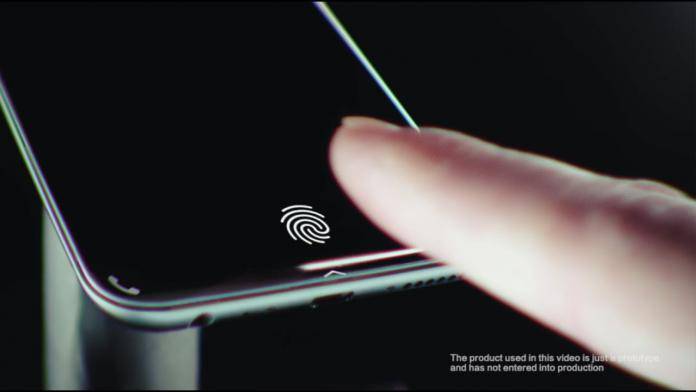
You’ve probably seen it at least once in crime procedural shows but having it happen in real life is probably a bit more controversial. Detectives in Largo, Florida apparently accessed a dead man’s fingerprint in order to unlock his smartphone as part of their investigation into his death and the criminal activities that may have led to it. While legally they are allowed to do something like that, it’s the ethics and morality of it all that is seemingly being questioned by his family and privacy experts (and people, in general).
30-year-old Linus F. Philip was shot and killed by a police officer last month and then at the funeral home where he was being held, detectives showed up and tried to unlock his phone by using his finger on the sensor. His fiancee also happened to be there at the time and she said she felt “so disrespected and violated”. The officers were trying to access and preserve data on the victim’s phone as part of their investigation into his death and a separate inquiry on his alleged drug activities. They were unsuccessful in the process though.
Legally, the detectives were in the right because under the law, there is no expectation of privacy after death. However, morally, it was not something that the family appreciated understandably. Biometrics to unlock devices just came into the picture a few years ago so this still a challenging area both for the police and for privacy experts as well. Accessing devices from private individuals to help with an investigation is still a hotly-contested topic, so if a person is dead, it becomes even more problematic.
There was a case in Virginia previously where a judge ruled that forcing a suspect or a person of interest to disclose their password is a violation of his Fifth Amendment rights since it includes “divulging knowledge from your mind”. But fingerprints are a different matter because it is not exactly knowledge but a biometric. However, when dealing with dead people, they really can’t assert their right to privacy, hence the detectives in Largo being able to legally do this.
VIA: Tampa Bay Times









